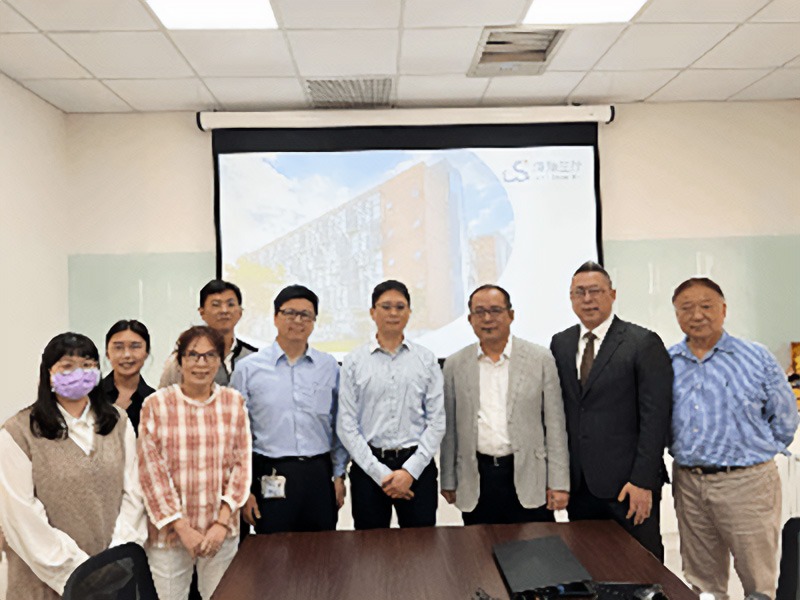Well Shine Biotech Advances Mushroom-Based Biopolymer Dressings
Partners with Tri-Service General Hospital Incubation Center and Eyes 2026 Public Offering
Yilan, Taiwan – Well Shine Biotech, an innovative medical device startup, has announced a strategic collaboration with the Tri-Service General Hospital Incubation Center to jointly develop advanced mushroom-derived biopolymer wound dressings under its proprietary Well Shine Biopolymer platform. The company also announced plans to go public through an emerging stock market listing, targeting 2026.

As part of this partnership, a delegation from the Tri-Service General Hospital Incubation Center recently conducted an on-site visit to Well Shine's biopolymer production facility located in Yilan Science Park. The team explored the unique properties of the company's locally sourced, 100% Taiwan-produced raw materials. The product boasts a complete, stable, and safe supply chain fully rooted in Taiwan.
Preliminary experimental and clinical evaluations have demonstrated that Well Shine Biopolymer exhibits excellent biocompatibility, with promising hemostatic and coagulation performance in acute trauma care. It has also shown potential to:
- Accelerate chronic wound healing
- Reduce complications
- Prevent tissue adhesion.
Compared to animal-derived dressings, the product offers superior endotoxin control with environmentally sustainable manufacturing. Well Shine Biopolymer is positioning it as a landmark innovation in the domestic development of advanced wound care materials.
The partnership marks a significant step in building a sustainable local supply chain for battlefield medical equipment, enhancing Taiwan's resilience and self-sufficiency in producing emergency medical supplies.
It also underscores the military healthcare system's strong endorsement of indigenous R&D capabilities. With battlefield trauma care as a core focus, the collaboration aims to develop next-generation skin substitutes for burn and blast injuries, utilizing mushroom-based biopolymers to overcome limitations in conventional material sourcing and achieve high levels of biocompatibility.